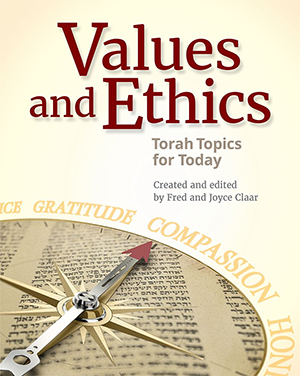VA-YIKRA —
We all live with rituals. Whether it’s the time and place we brush our teeth in the morning or singing our children goodnight songs, rituals provide the infrastructure by which we live our lives. Without rituals, without certain daily repetitions of consistent behavior, our lives would be unbearably chaotic.
This week we begin the book of Leviticus. This portion and in fact much of the book of Leviticus is full of details about ritual, especially those related to how and when to bring sacrifices for worship. While prayer long ago replaced sacrifice in Jewish tradition, sacrifices were the expression of ancient religions. Those sacrifices were brought on many occasions: for example, when one was guilty of sin, whether intentionally or unintentionally, when one was grateful, or when one was celebrating. Ritual in Leviticus provided a concrete manner for people to express a wide range of emotions and states of being.
While everyone has some kind of rituals in their lives, these rituals can be performed unconsciously, without much significance. They can also be opportunities. Rituals can be used to signify something deeper about the moment; they can be used as teaching moments. What kind of songs are sung at bedtime? What kind of rituals do you introduce to your children around getting dressed in the morning? Can there be a ritual instituted so that family members show gratitude for having sufficient food on the table?
TALK TO YOUR KIDS about ways your family creates value in their lives through rituals.
CONNECT TO THEIR LIVES:
- What song or story do you like to hear the most before bedtime?
- What new rituals might appeal to you?
- How do rituals enhance your feeling of well-being?
- What is your favorite weekly family ritual?
By Rabbi Dianne Cohler-Esses
Values & Ethics—Through a Jewish Lens is created by Fred and Joyce Claar to bring the wisdom of Judaism into family discussions.






